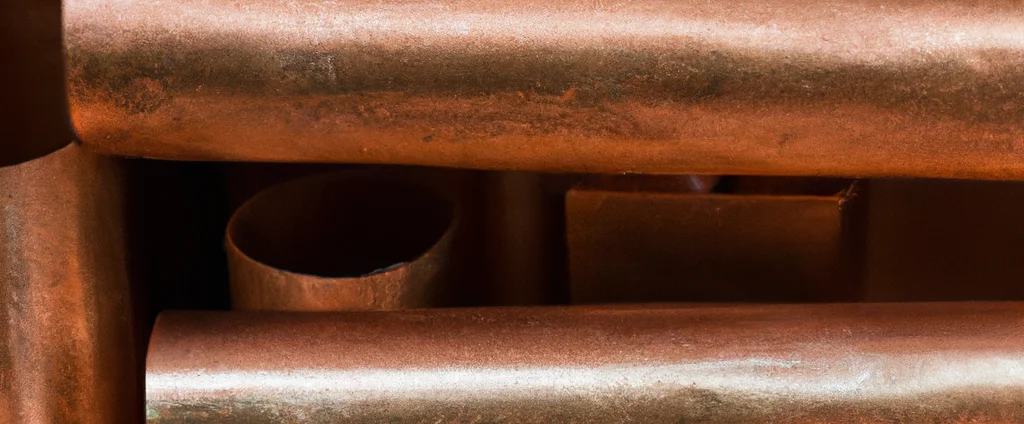Yellow Brass (UNS C27400)

Yellow Brass C27400 is a copper-zinc alloy valued for its excellent ductility, machinability, and corrosion resistance. It is widely used in plumbing fittings, electrical connectors, and ammunition casings due to its balanced properties.
| Chemical Composition | ||
|---|---|---|
| Element | Min | Max |
| Copper | 61.0% | 64.0% |
| Iron | —— | 0.05% |
| Lead | —— | 0.09% |
| Zinc | —— | Remainder |
The following table provides a list of yellow brass C27400 properties in both SI and US customary/Imperial units.
Click on the button to switch between Metric and Imperial units.
| Physical Properties | Metric |
|---|---|
| Density | 8440 kg/m3 |
| Mechanical Properties | Metric |
| Tensile Strength (Ultimate) | 370 - 650 MPa |
| Young’s Modulus (E) | 105 GPa |
| Shear Modulus (G) | 40 GPa |
| Poisson’s Ratio (ν) | 0.31 |
| Thermal Properties | Metric |
| Thermal Conductivity | 120 W/m·K |
| Specific Heat Capacity (Cp) | 377 J/kg·K |
| Coefficient of Thermal Expansion (αL) | 2.05×10-5 1/°C |
| Electrical Properties | Metric |
| Electrical Conductivity | 1.6×107 S/m |
| Electrical Resistivity | 6.25×10-8 Ω·m |
The values in this table are approximate and can vary depending on various factors such as the specific manufacturing process and heat treatment applied to the alloy.
Advantages & Disadvantages of Yellow Brass C27400
| Advantages | Disadvantages |
|---|---|
| Excellent corrosion resistance | Lower strength compared to some other alloys |
| High ductility | Limited heat resistance |
| Good machinability | Susceptible to dezincification |
Applications of Yellow Brass C27400
Yellow Brass C27400 is ideal for applications requiring corrosion resistance and formability. Key applications include:
- Plumbing fittings: Widely used for valves, connectors, faucets, and pipe fittings. Its corrosion resistance, machinability, and ease of fabrication make it a suitable choice for plumbing systems.
- Cartridge cases: The alloy’s alternative name, Cartridge Brass, indicates its primary application in ammunition production. Its combination of strength, ductility, and corrosion resistance makes it ideal for this purpose.
- Electrical connectors: Utilized in connectors, terminals, and contacts due to good electrical conductivity. Its machinability also makes it suitable for manufacturing precision electrical components.
- Heat exchanger tubes: Used in production due to good thermal conductivity and corrosion resistance. Commonly found in applications such as air conditioning and refrigeration systems.
- Automotive components: Used for various parts including radiator cores, heater cores, and fittings. Its corrosion resistance and ability to withstand high temperatures in engine cooling systems make it suitable for these applications.
- Marine applications: The corrosion resistance makes it suitable for marine environments. Used for fittings, valves, and other components in marine plumbing systems, as well as for decorative elements on boats and yachts.
